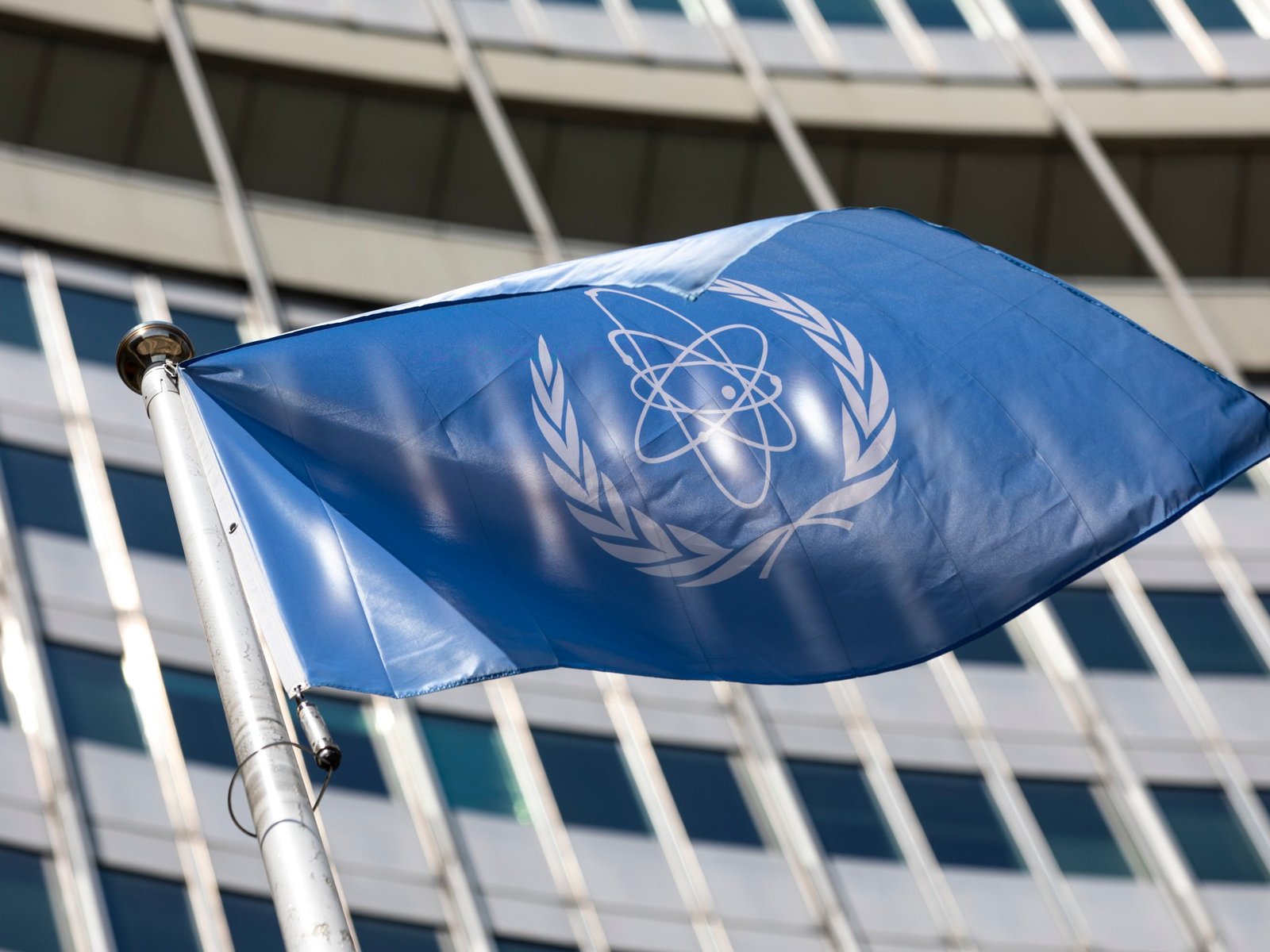Iran’s foreign minister confirmed that a definitive agreement with the IAEA remains elusive, although discussions are set to continue.
The Iranian government has clarified that the arrival of inspectors from the International Atomic Energy Agency (IAEA) does not signify a full restoration of cooperation with the United Nations’ nuclear oversight body.
According to Iran’s foreign minister, inspectors have entered the country with approval from the Supreme National Security Council. This announcement was made during a press briefing on Wednesday.
Abbas Araghchi stated, as reported by state media, “No final agreement has been established regarding a new framework for cooperation with the IAEA; discussions are ongoing.”
He further emphasized that the transition of fuel at the Bushehr nuclear power plant must occur under the supervision of IAEA inspectors, per updates from the state-run news agency, ICANA.
Iran had previously halted its cooperation with the IAEA following a brief military conflict with Israel in June, citing the agency’s failure to condemn attacks on its nuclear sites. Notably, the Bushehr facility was not targeted during these strikes.
IAEA Director General Rafael Grossi confirmed on Tuesday that a team of inspectors has returned to Iran, stating, “There are various facilities in Iran; some were attacked, some were not,” in an interview with Fox News.
“We are in discussions regarding practical modalities to facilitate the recommencement of our work there,” Grossi added.
This development comes on the heels of diplomatic talks between Iran and the UK, France, and Germany in Geneva, where Iran seeks to prevent the implementation of snapback sanctions threatened by European powers in relation to the 2015 Joint Comprehensive Plan of Action (JCPOA) nuclear agreement.
Esmaeil Baghaei, spokesperson for Iran’s Ministry of Foreign Affairs, cautioned European leaders that reinstating sanctions would yield serious repercussions.
The three European nations, signatories to the 2015 agreement, have indicated plans to activate the JCPOA’s “snapback mechanism” by the end of August.
Negotiations are set to proceed in the coming days following Tuesday’s meeting, which marked the second round of discussions with European diplomats since the June conflict disrupted Iran’s nuclear dialogues with the United States.
Israel has justified its military actions as necessary to thwart Iran’s alleged pursuit of nuclear weapons—a claim Tehran has steadfastly denied, insisting its nuclear program is intended solely for civilian energy purposes.
Under the terms of the JCPOA, Iran had pledged to submit to regular inspections of its nuclear program in exchange for the alleviation of certain Western sanctions. However, the agreement faced collapse in 2018 when then-President Donald Trump withdrew the United States unilaterally and reinstated harsh sanctions on Iran.

